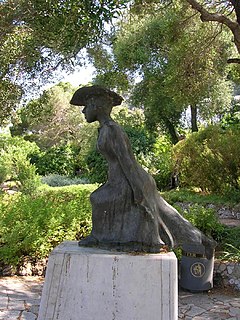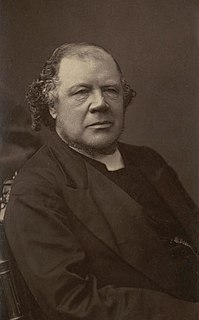A Quote by Tullian Tchividjian
The Gospel declares that our guilt has been atoned for, the law has been fulfilled. So we don't need to live under the burden of trying to appease the judgment we feel.
Related Quotes
There are some who apparently feel that the fight for freedom is separate from the Gospel. They express it in several ways, but it generally boils down to this: Just live the gospel; there's no need to get involved in trying to save freedom and the Constitution or stop communism.... Should we counsel the people, 'Just live your religion - there's no need to get involved in the fight for freedom?' No we should not, because our stand for freedom is a most basic part of our religion.
God reminds us again and again that things between He and us are forever fixed. They are the rendezvous points where God declares to us concretely that the debt has been paid, the ledger put away, and that everything we need, in Christ we already possess. This re-convincing produces humility, because we realize that our needs are fulfilled. We don’t have to worry about ourselves anymore. This in turn frees us to stop looking out for what we think we need and liberates us to love our neighbor by looking out for what they need.
The Gospel is not presented to mankind as an argument about religious principals. Nor is it offered as a philosophy of life. Christianity is a witness to certain facts; to events that have happened, to hopes that have been fulfilled, to realities that have been experienced, to a Person who has lived and died and been raised from the dead to reign forever.
We make a big mistake when we conclude that the law is the answer to bad behavior. In fact, the law alone stirs up more of such behavior. People get worse, not better, when you lay down the law. To be sure, the Spirit does use both God's law and God's gospel in our sanctification. But the law and the gospel do very different things.
There’s no way to rule innocent men. The only power any government has is the power to crack down on criminals. Well, when there aren’t enough criminals, one makes them. One declares so many things to be a crime that it becomes impossible for me to live without breaking laws. Who wants a nation of law-abiding citizens? What’s there in that for anyone? But just pass the kind of laws that can neither be observed or enforced nor objectively interpreted - and you create a nation of law-breakers - and then you cash in on guilt.


































